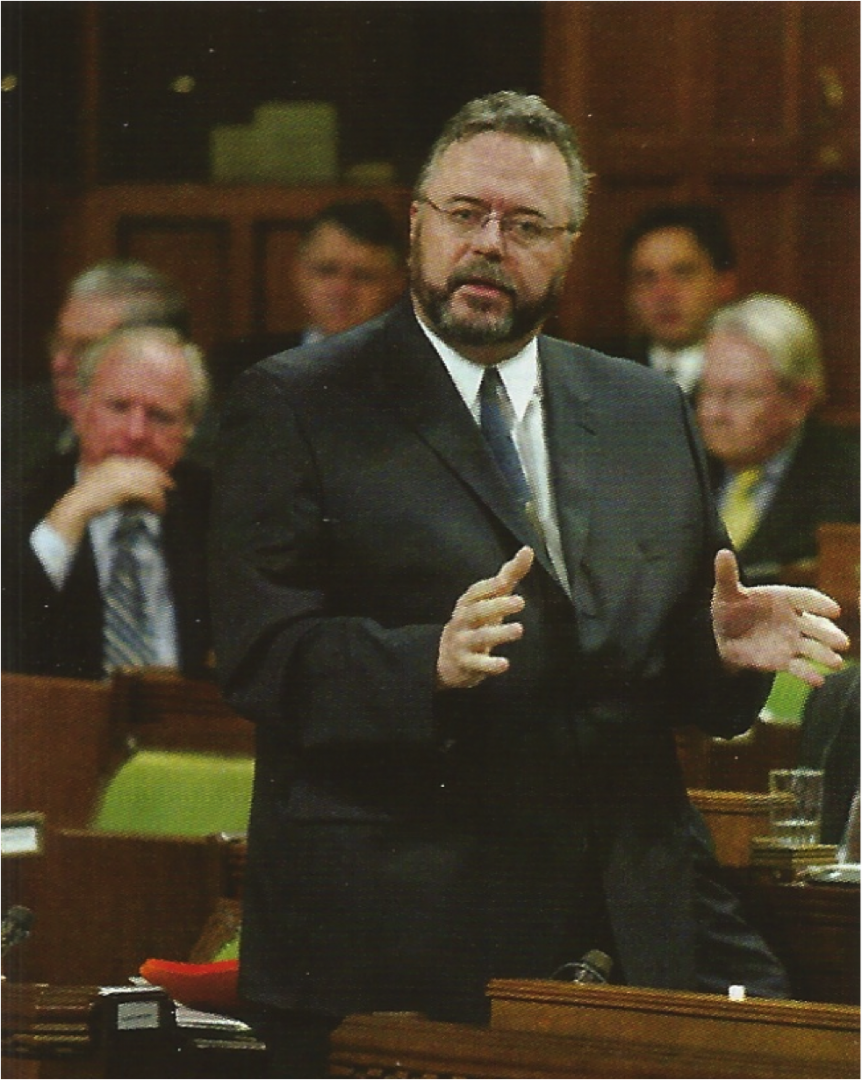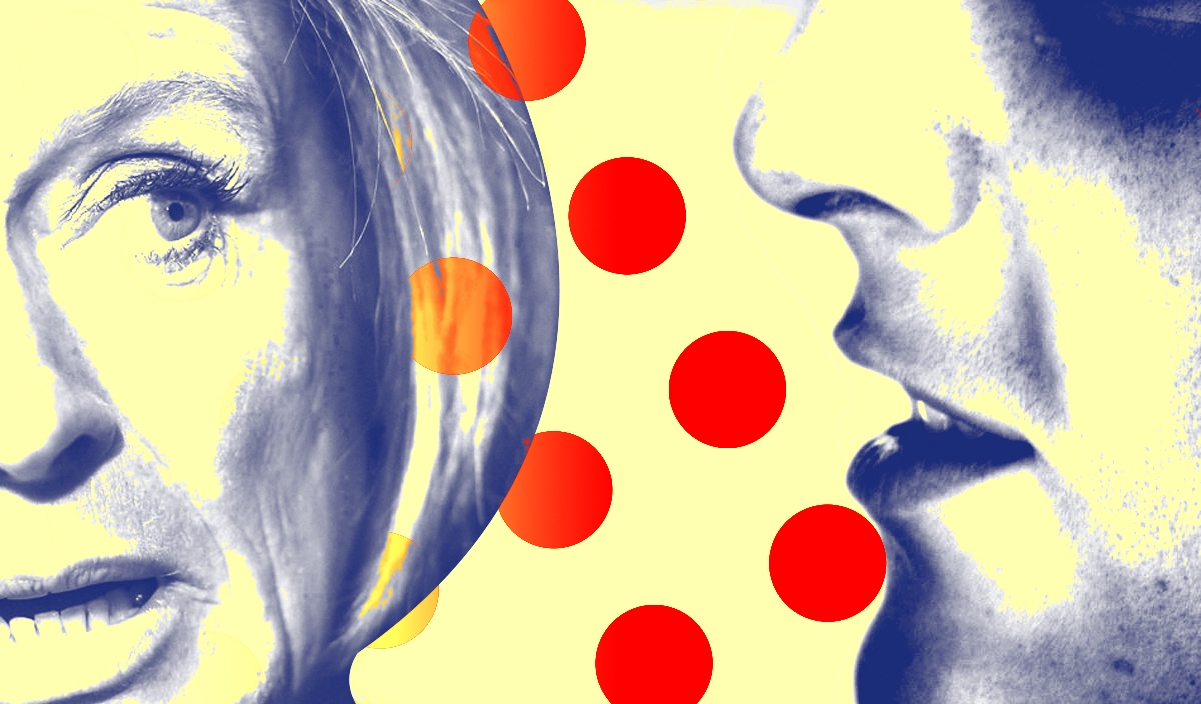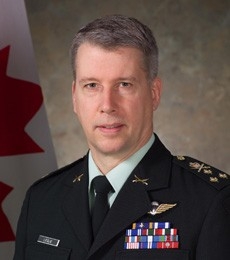
Reg Alcock navigates by an ethical compass
By Jennifer O'Meara
Treasury Board president Reg Alcock has been rocking the boat this past year, but then he always was a bit a monkey. It was a long time ago, when someone gave him a simian as a pet. Alcock needed to establish dominance, so he bit the monkey. He will freely admit the truth of this story to anyone who asks.
That says something about the man's character. Alcock tries to live his life honourably. He once heard living honourably described as 'doing in private what you do in public': It stuck with him. He brings that credo to his work.
The Treasury Board is the government's financial, personnel and administrative general manager. It sets policy and provides rigorous oversight of government departments' proposed spending plans, and reviews the development of approved programs. Last December, that agenda was strengthened by a new set of key priorities announced by Prime Minister Paul Martin to enhance government effectiveness and accountability.
"I'm in my dream job," Alcock says. "Most people are not that interested in the plumbing. I am deeply interested.”
As chair of the Cabinet's new Expenditure Review Committee, Alcock is playing a leadership role in the federal government's comprehensive plan to modernize public sector management and improve value for money in its spending.
Alcock came from an active Conservative household. He was first drawn to the Liberal party in the 1968 national election. "I watched the Liberal convention and was fascinated by Pierre Trudeau."
Alcock has been working in the public sector, either provincially or federally, for his entire adult life. From 1988 to 1993, Alcock was the member of the Manitoba Legislative Assembly for the constituency of Osborne. He decided to run federally and was first elected to represent Winnipeg-South in 1993. He was re-elected in 1997, 2000 and 2004.
A longtime believer in the value of Information Technology, Alcock is a member of the Harvard Policy Group at the John F. Kennedy School of Government at Harvard University. The group studies IT's impact on the public sector.
"Computers, networks, databases… all have radically changed the way in which information is held and shared," Alcock told Ottawa Life. "Government is by definition an information-rich environment. A lot of its structures are based on how it holds, manages and shares the information it has."
Born in Winnipeg, Manitoba, Alcock, 56, goes back to spend as much time as possible with his wife and three children.
"I fly home virtually every weekend," Alcock said, smiling. He is implementing changes to the way government works to improve its transparency and accountability. There will always be some resistance to change, but Alcock says most of the government workers he encounters are excited about the possibilities.
Ottawa Life Magazine met with Reg Alcock at his office on October 14 to hear his thoughts on accountability in government.
OLM: Do you think there should be more personal accountability for senior public servants?
Reg Alcock: I'm actually working on a paper on that very topic right now. I think that transparency is a fundamentally important principle. We have attempted to deal with problems in public management by constraining the ability of people to make decisions. I think that all that does is create greater complexity.
At the heart of this is public choice. Somebody has to make a decision about something. My personal feeling is that the accountability should be placed squarely in the hands of the politicians, although it should be done in an absolutely trans-parent way, so citizens can examine what they've done and the decisions that they've made and hold the politicians to account.
I have a strong component for presenting these decisions to the House of Commons, so it's clear that there are mechanisms for oversight and accountability. When you're making decisions in the public interest, the public has a right to know who is making the decision and to hold that decision-maker to account. When we first came in, I organized the posting of all travel, entertainment and hospitality expenses. So these are now posted on the Web every quarter. Before that, everybody had the sense that public servants were running around living the high life, because of one or two bad examples. Once you see the reality, these people lead pretty normal lives. Once you normalize that, I think public confidence goes up. To me, all it is is how do you as a citizen hold me to account if you can't see what I'm doing? I think if we achieve that, then public confidence will increase.
I don't think that some of this stuff we're experiencing right now is a result of a lack of an ethics base in the public service or on the political side. I think it is in part based on creaky old mechanisms. This is why I keep using the word "modernization.”
OLM: Would you say that accountability and transparency exist in the Government of Canada now?
RA: It's certainly better than it was, but there is a long way to go. Part of the problem is that we have not invested the time, energy and capital necessary to build more modern systems. We're just doing that now. One of the initiatives we announced in the last budget is the development of electronic information systems right across government. The things that people perceive as problems are partly a result of government constantly being so cautious about spending money that it doesn't invest internally. I think we have to make some investments in modern tools. These will help to address some of these concerns.
OLM: How do you restore public faith in government?
RA: There's the old saying that a reputation takes a lifetime to build and a minute to lose. You can't legislate it. All you can do is, in my case, put in place the structures that you think induce or assist in creating those conditions for transparency, clarity and expectations. And walk the walk in the belief that over time public confidence, through greater awareness, will improve. But there is no magic solution to that.
You just gotta do it.









